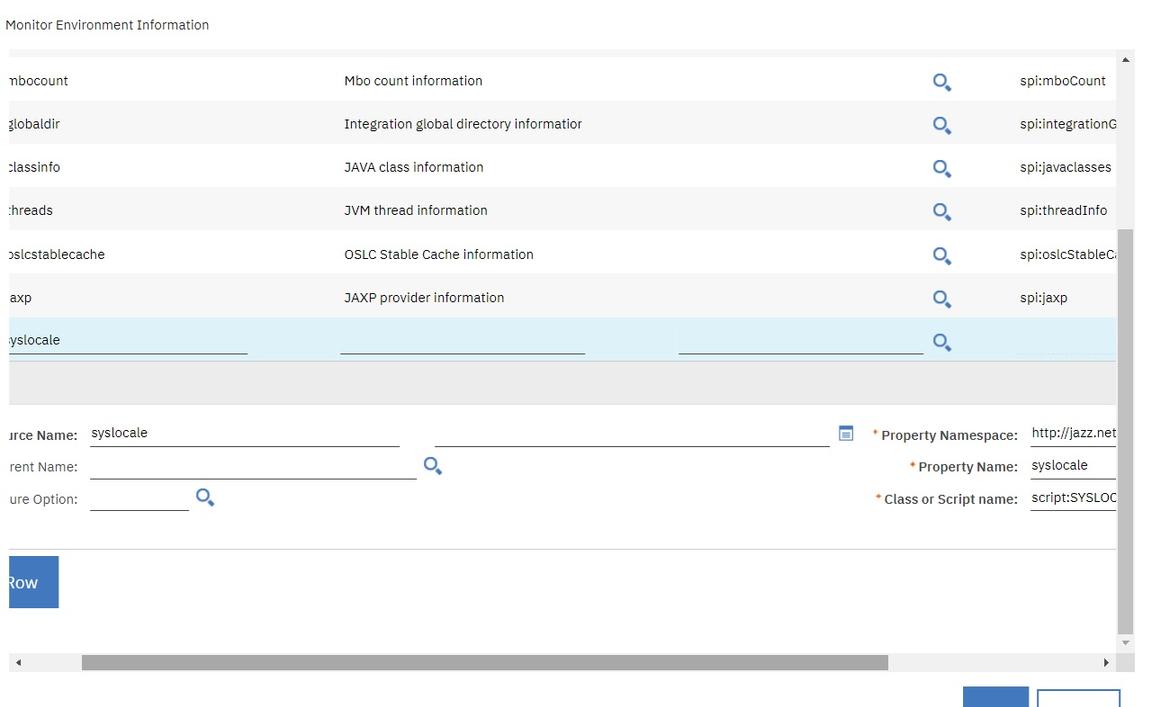MMI script
Maximo Management Interface provides a set of APIs (REST/JSON APIs) that helps a system administrator get some insights on the state of the Maximo runtime application. The following root URL is for that API:
GET /maximo/oslc
You can dive deeper into each server (cluster members) using the /oslc/members API. Multiple APIs can help you introspect the servers. However, you may not find all the APIs that you require. Fortunately, there is a easy way to dynamically add these APIs using automation scripts. The following sample use case will demonstrate how to leverage that feature. For example, you need to find out the servers locale as you are trying to debug some locale related issue. You can quickly write up an automation script and serve it up as an MMI API using the MMI app, which is available from the Logging app action in Maximo - Monitor Environment Information. One of the cool aspects of MMI APIs is that they get distributed in every member server and you can use the MMI API framework to invoke these scripted apilets on each server. The following sample script shows you how:
from java.util import Localebr.setProperty("syslocale",Locale.getDefault().toString())
You can name it SYSTEMLOCALE. The implicit variable “br” has APIs like setProperty(propname,propvalue) and getProperty(propName). The script figures out the system default locale and sets it to the br with a property name of “syslocale”. Now you can add it to the MMI set of APIs using the MMI dialog from the logging application.

The MMI framework links this script with the following URL: GET /oslc/members/{member id}/systemlocale